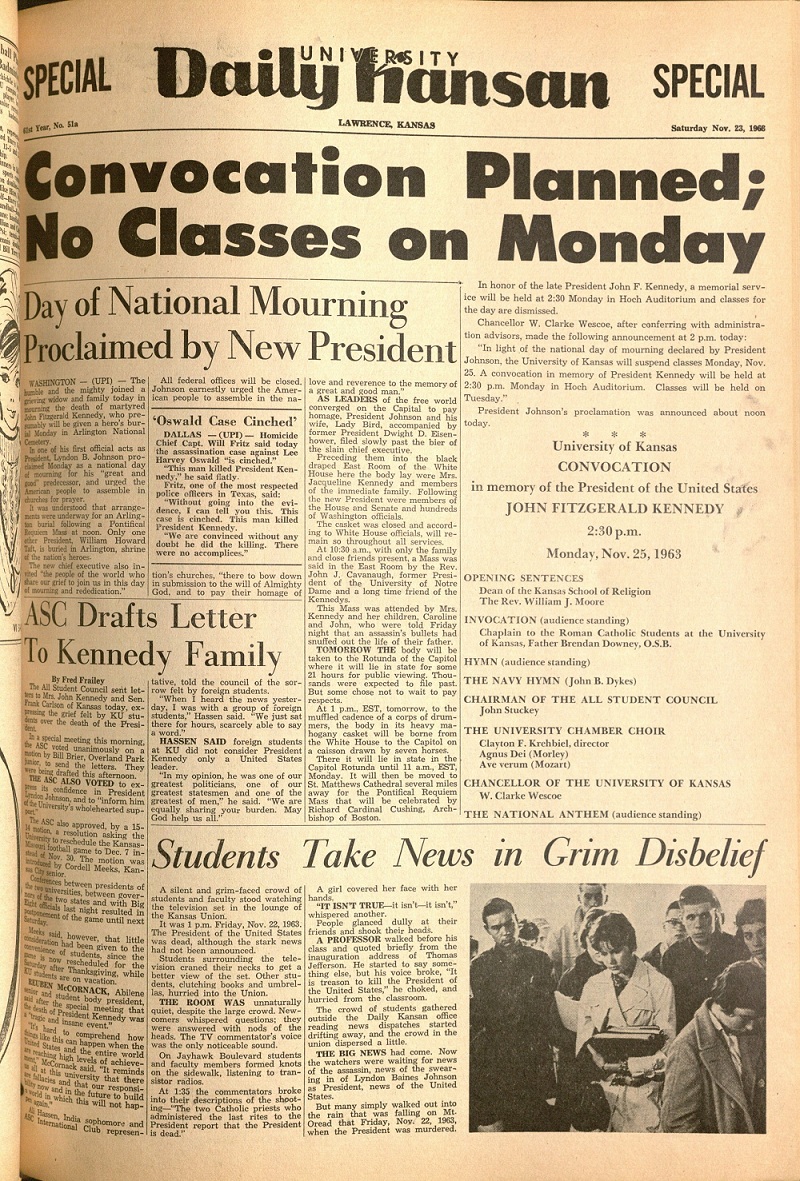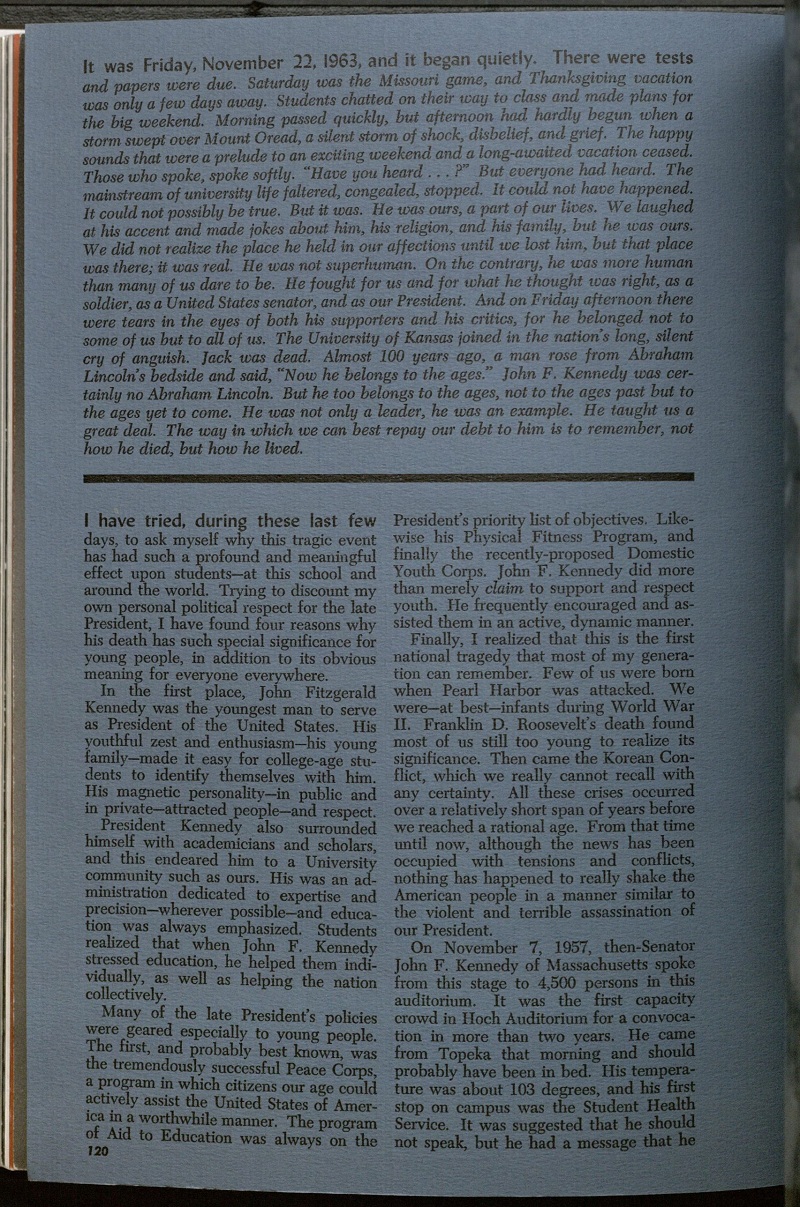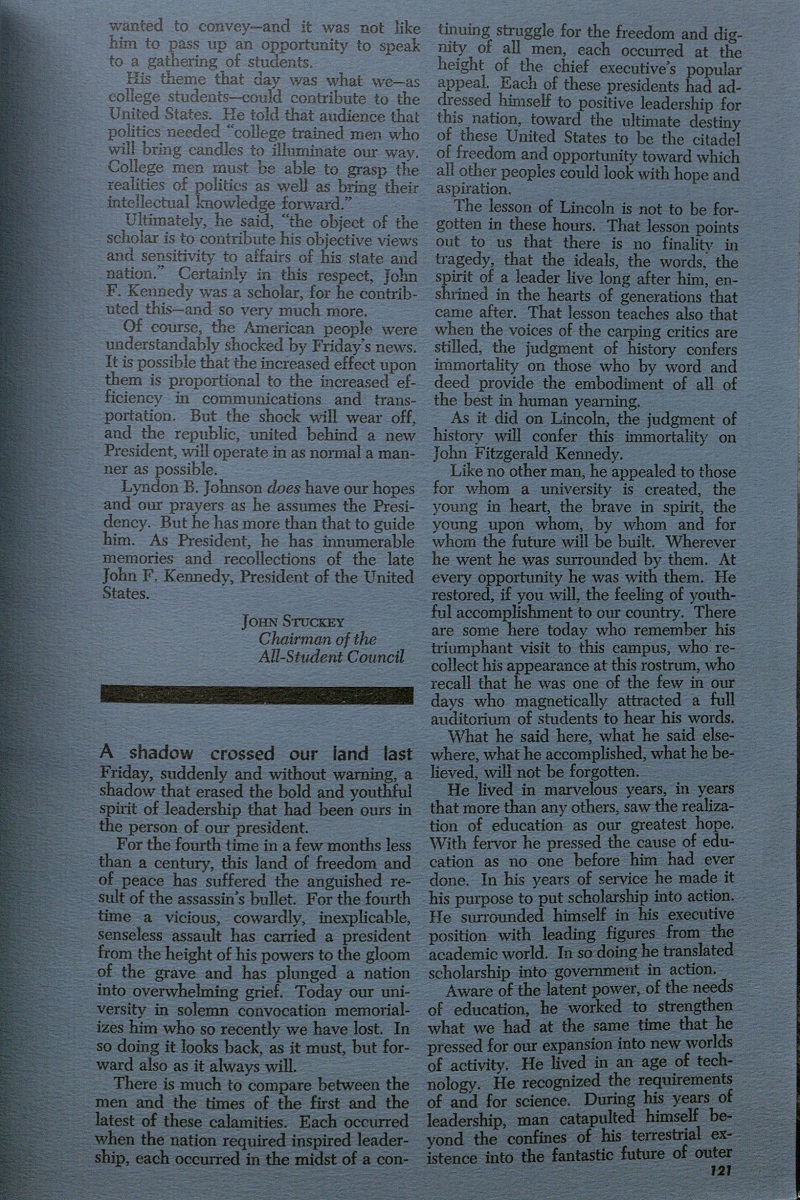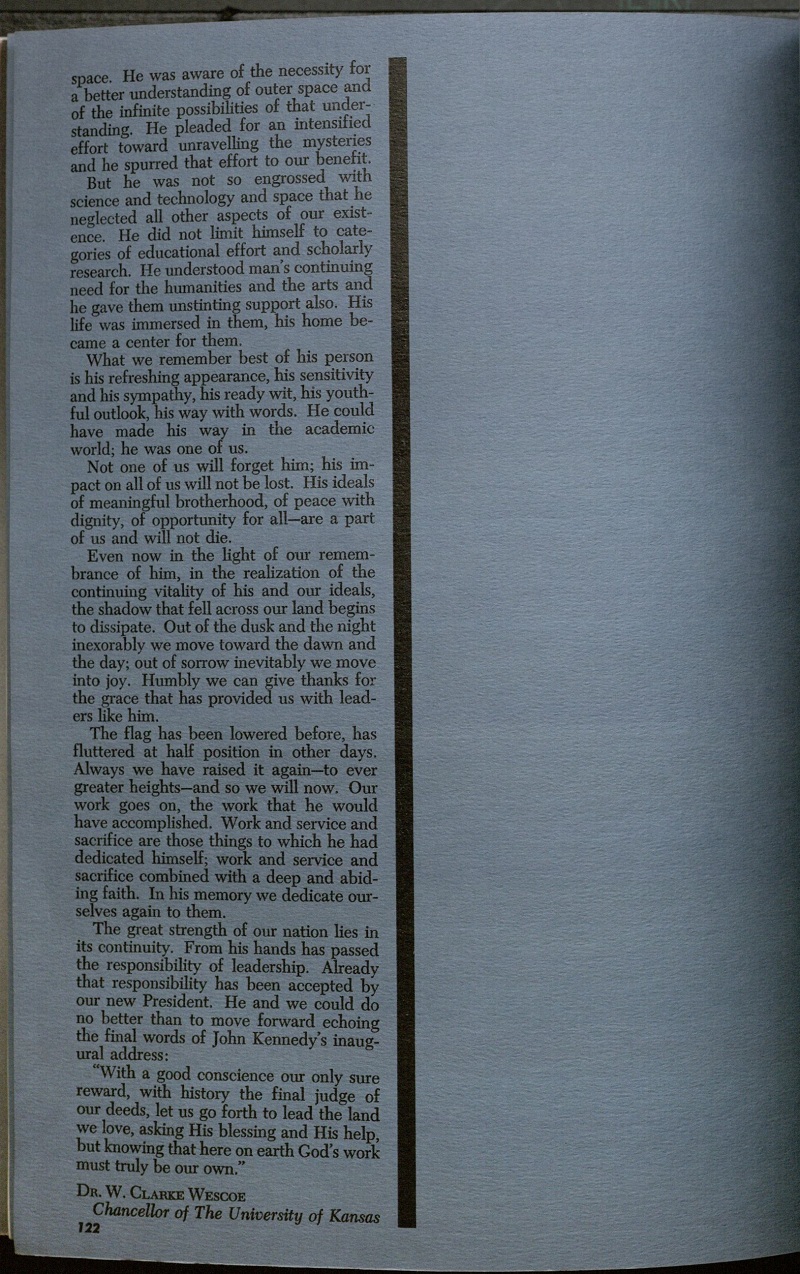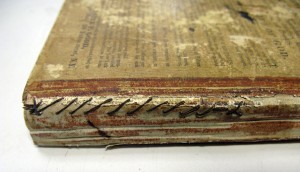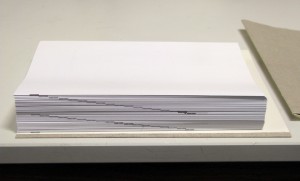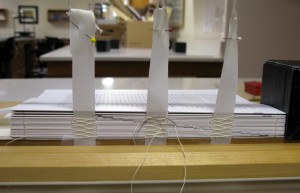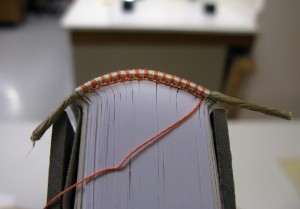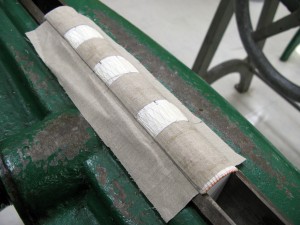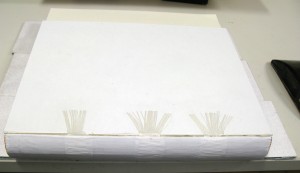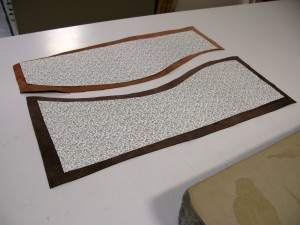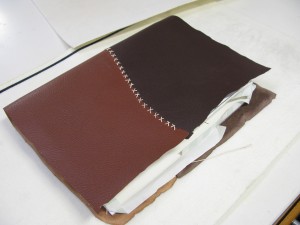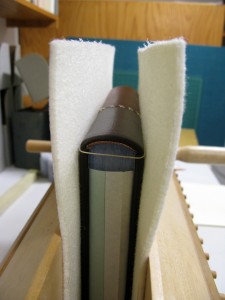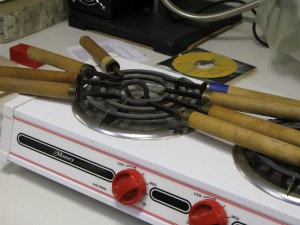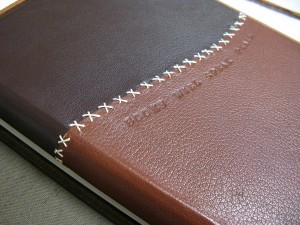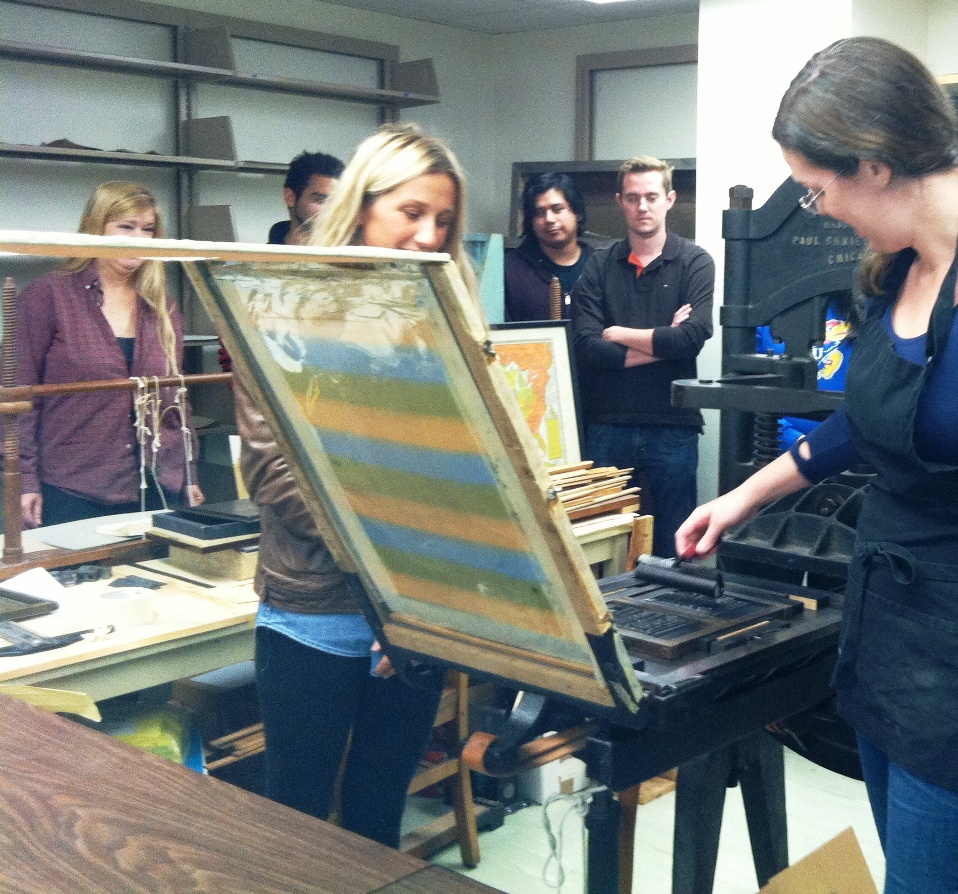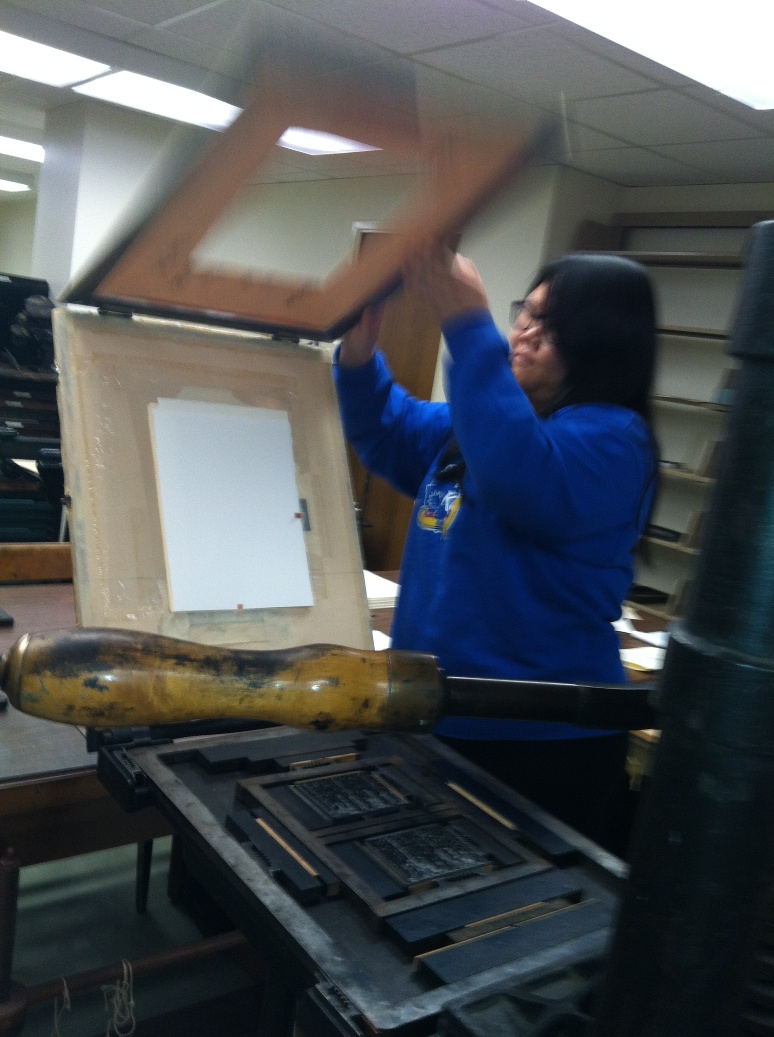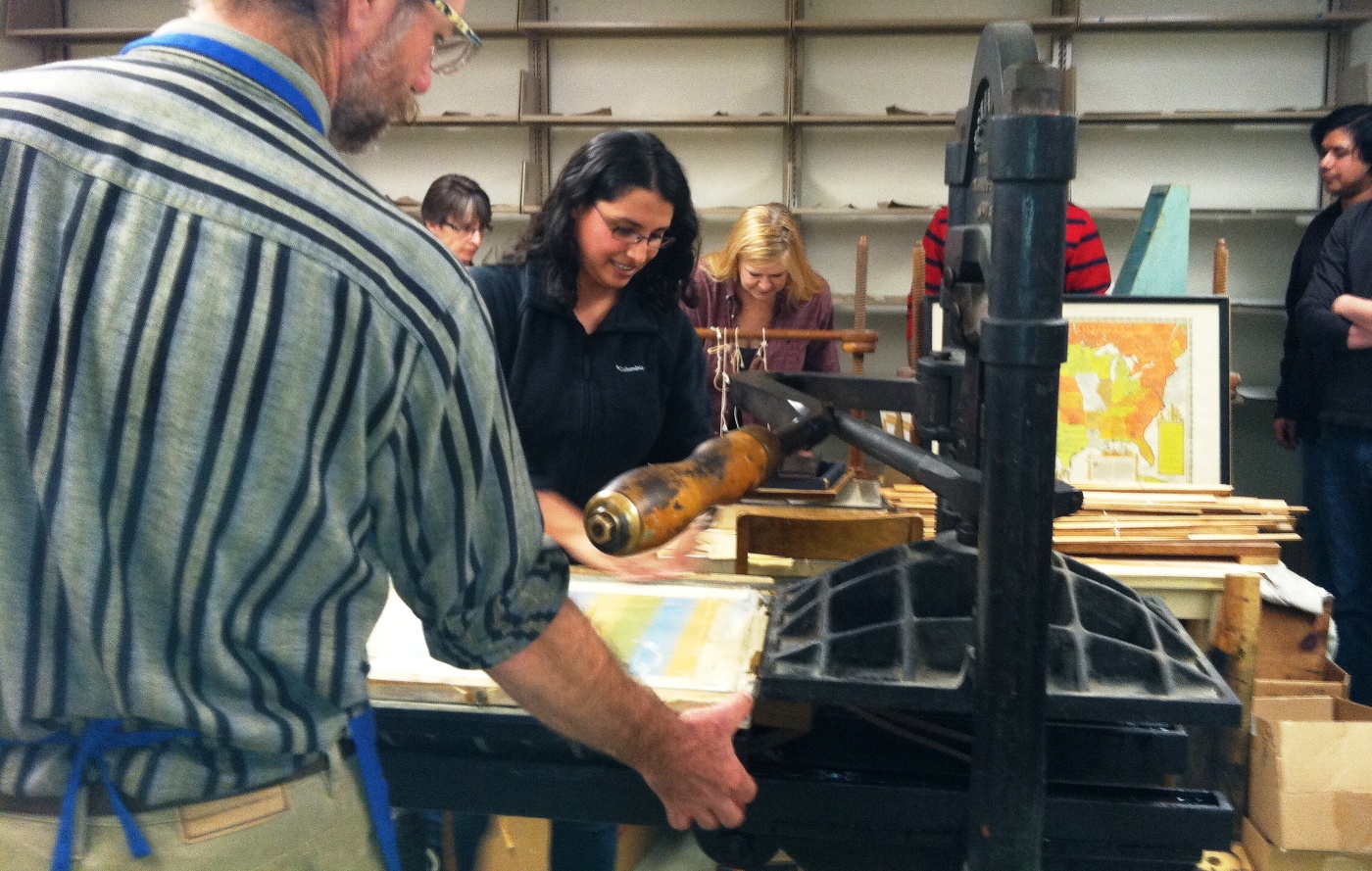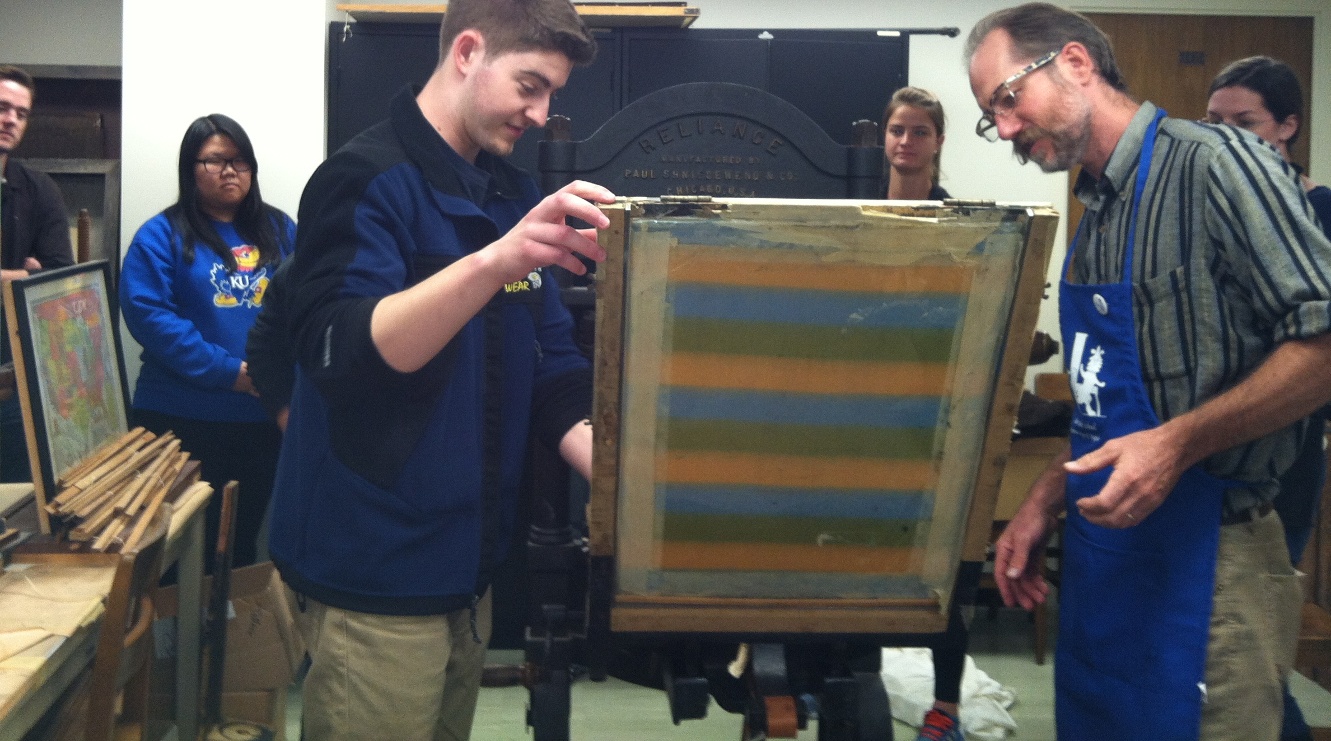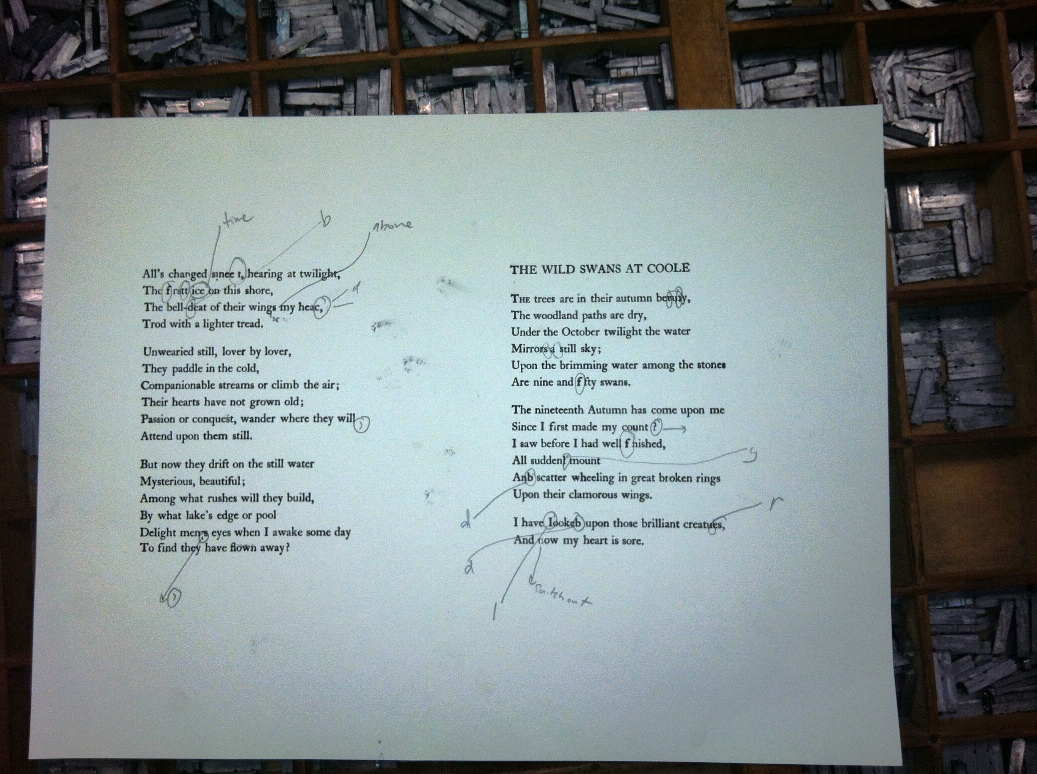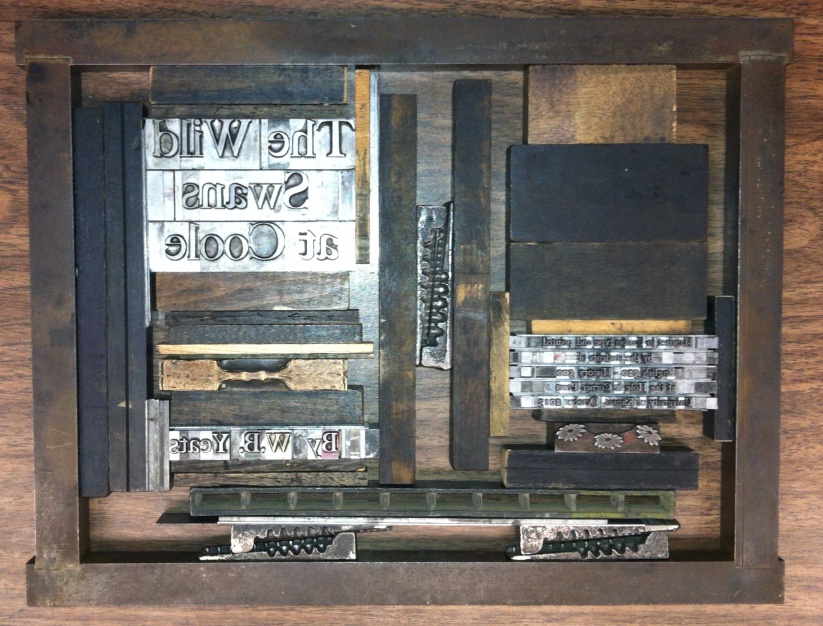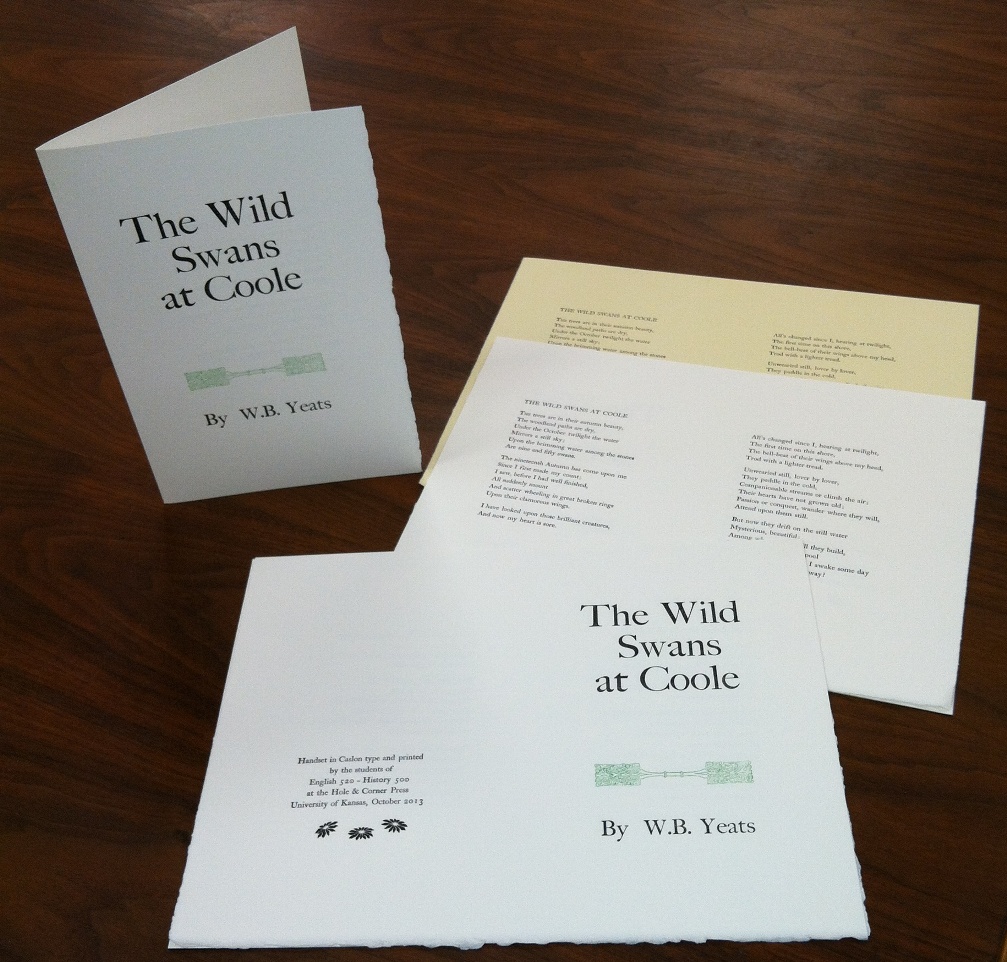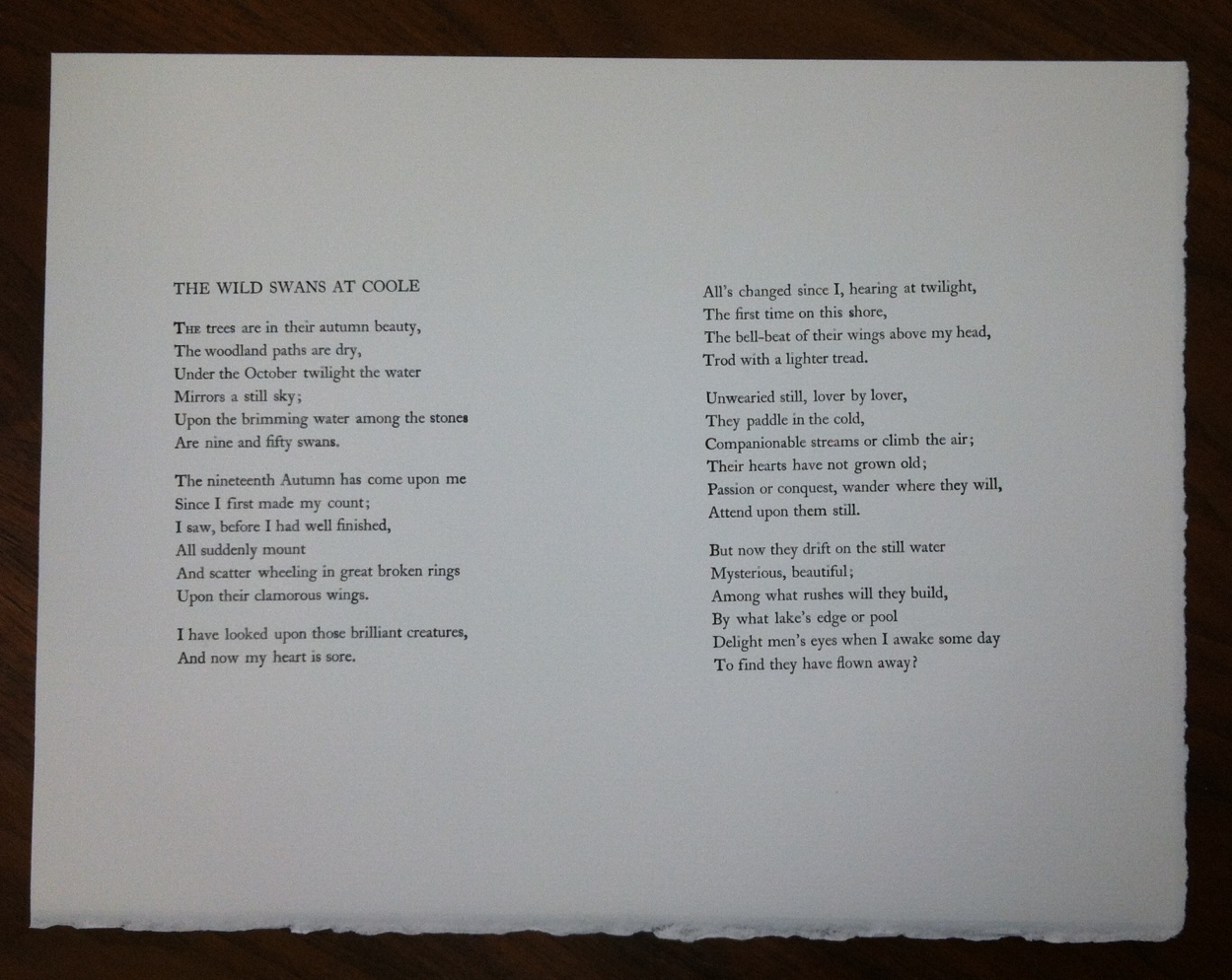If at First You Don’t Succeed…
November 28th, 2013Donald A. Wollheim (1914-1990) is now celebrated for his role as a ground-breaking science fiction editor and publisher. At Ace Books, he launched the Ace Doubles series, and in 1972 he founded his own firm DAW Books, which took its name from his initials. Wollheim also wrote books of his own, including several under the nom-de-plume David Grinnell. However, like most writers, he also faced his fair share of rejection. These form rejection letters from the periodical Wonder Stories offer a fascinating glimpse not only of the young Wollheim’s persistence, but of Science Fiction in the age of pulps.
“Insufficient Science!”: Form rejection letters from the managing editor of Wonder Stories, Charles D. Hornig, to
Donald A. Wollheim, circa 1933, for “The Second Moon,” “The Discovery of the Martians,” “Saknarth,” and
“The Land of Black Flames.” Donald A. Wollheim Papers. Call Number: MS 250, Box 4, Folder 8.
Click images to enlarge and read.
Wonder Stories‘ managing editor, Charles D. Hornig, had only to circle or underline one or more of a set list of common faults to reject a submission. Stories might be dismissed for the following flaws:
- No Scientific Background
- Insufficient Science
- Science is Illogical and Incorrect
- Too Much Science (you should eliminate all but the general scientific ideas)
- Not Enough Story
- Not Enough Action and Adventure
- Story Moves Too Slowly
- Too Long, Story Must Be Cut
- Not Enough Strangeness and Mystery (The scenes are too commonplace)
- Characters Are Not Lifelike or Human
- Idea Too Hackneyed–Not Original Enough
- Too Much Love Interest
- Manuscript Incorrectly Prepared
- Other
In the four form rejection letters in Wollheim’s papers, the young writer was regularly dinged for failures of science, as in the rejection for his story “Saknarth,” dated exactly 80 years ago today (November 28, 1933). Interestingly, the rejection for Wollheim’s “The Second Moon” required a hand-alteration of the form–the story suffering from being “too short” rather than the more common flaw of being “too long” (see below).
Detail from Wonder Stories‘ form rejection letter for Wollheim’s “The Second Moon.” Donald A. Wollheim Papers. Call Number: MS 250, Box 4, Folder 8.
Would it have discouraged or further inspired the nineteen-year-old Wollheim to learn that these rejections came from an editor two years his junior? Hornig of Wonder Stories was indeed himself a “Wunderkind” — just seventeen in 1933 when he began editing the magazine that SF pioneer Hugo Gernsback had founded. In addition to the form rejections, Wollheim also earned several more personalized “no”s. In October of 1933, Hornig hailed Wollheim’s “Trans-Uranus” as “very interesting and unique in its theme,” but rejected it for its scientific failings. “The ship, traveling through the planet at the speed in the story,” the precocious Hornig explained, “would be volatilized instantly, and as the Moon-men had a bodily temperature of almost absolute zero, they would melt even sooner. As this is the redeeming factor in the story, and is incorrect, it ruins the tale entirely.”
Wollheim’s efforts did, ultimately, pay off as he succeeded in publishing his first story, “The Man From Ariel,” in the January 1934 issue of the magazine (though perhaps “pay off” is the wrong phrase since Gernsback, Wonder Stories‘ owner, failed to pay him until Wollheim and several fellow writers threatened to sue).
By 1940, Wollheim was himself an editor–of Stirring Science Stories–and aspiring writers were turning to him. He never did quite escape that criticism of scientific error, as his papers show. When a twenty-year-old Isaac Asimov wrote to Wollheim on December 18, 1940, to congratulate him on the first issue of Stirring Science Stories, he also couldn’t resist pointing out “a few flaws in science” in two of the issue’s tales, “Bones” and “Strange Return.” Asimov playfully concedes that such nitpicking from fans must be an editor’s pet peeve, but quips “That’s all right. Right now, I feel sore at editors (yes, you guessed it, I got me a rejection today).”
It does offer some solace to the rest of us that “The Greats” must survive rejection too!
Elspeth Healey
Special Collections Librarian

![Image of Wonder Stories' form rejection letter for Wollheim's "The Second Moon", [1933]](http://blogs.lib.ku.edu/spencer/wp-content/uploads/2013/11/MS_250_b4_f8_form1.jpg)
![Image of Wonder Stories' form rejection letter for Wollheim's "The Discovery of the Martians", [1933].](http://blogs.lib.ku.edu/spencer/wp-content/uploads/2013/11/MS_250_b4_f8_form2.jpg)
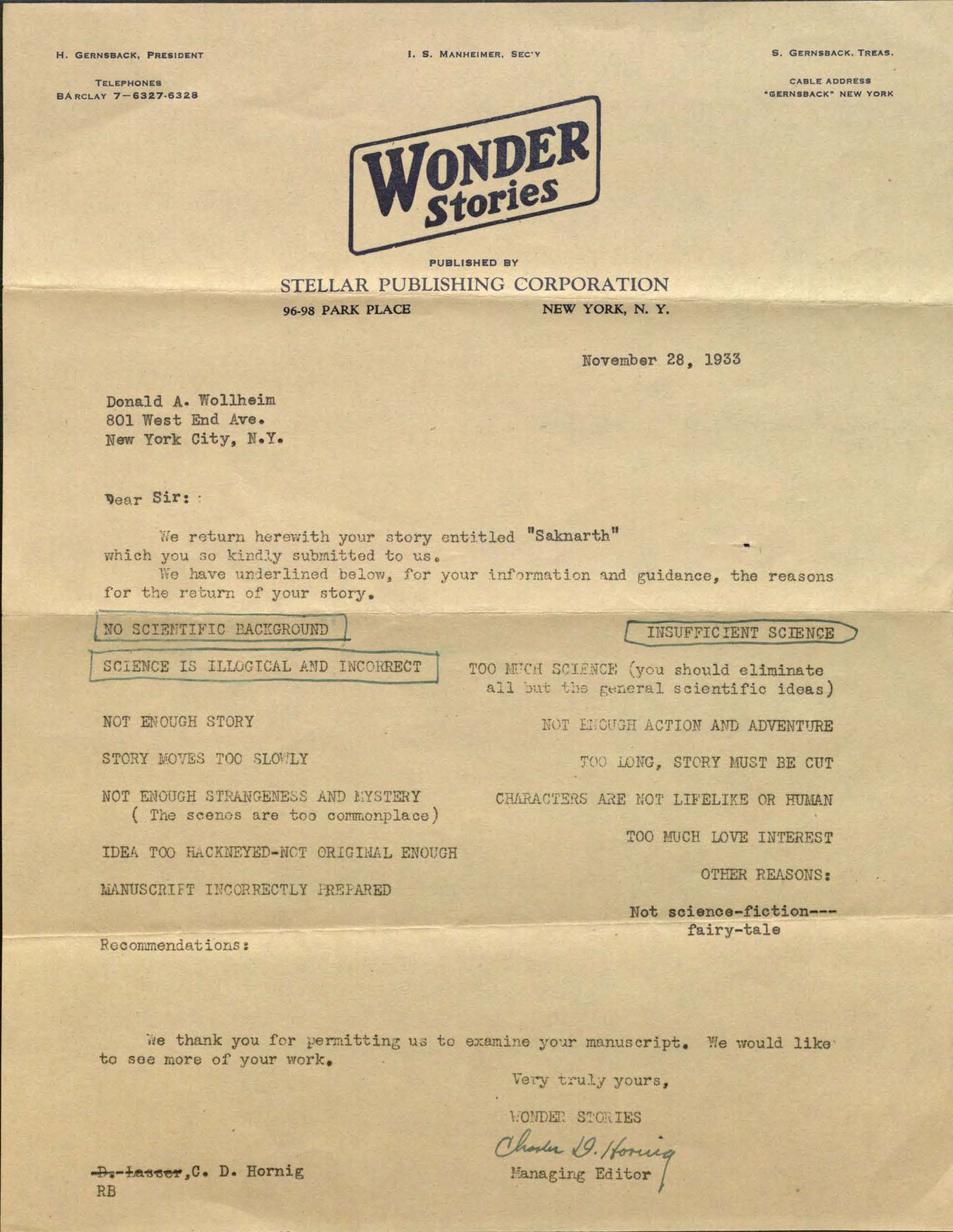
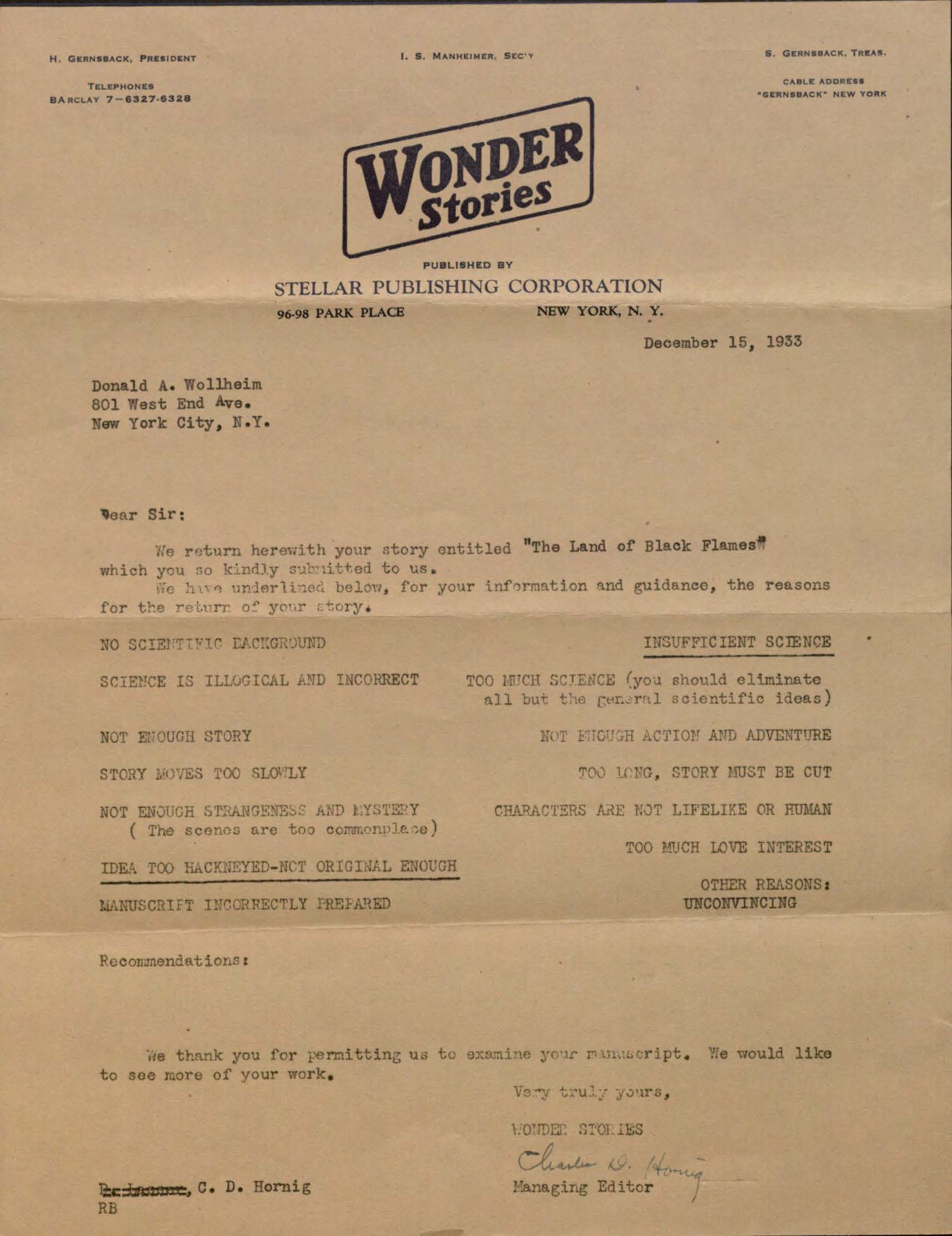
![Detail from Wonder Stories' form rejection letter for Donald A. Wollheim's Story "The Second Moon," [ca. 1933]](http://blogs.lib.ku.edu/spencer/wp-content/uploads/2013/11/MS_250_b4_f8_form1_detail.jpg)
